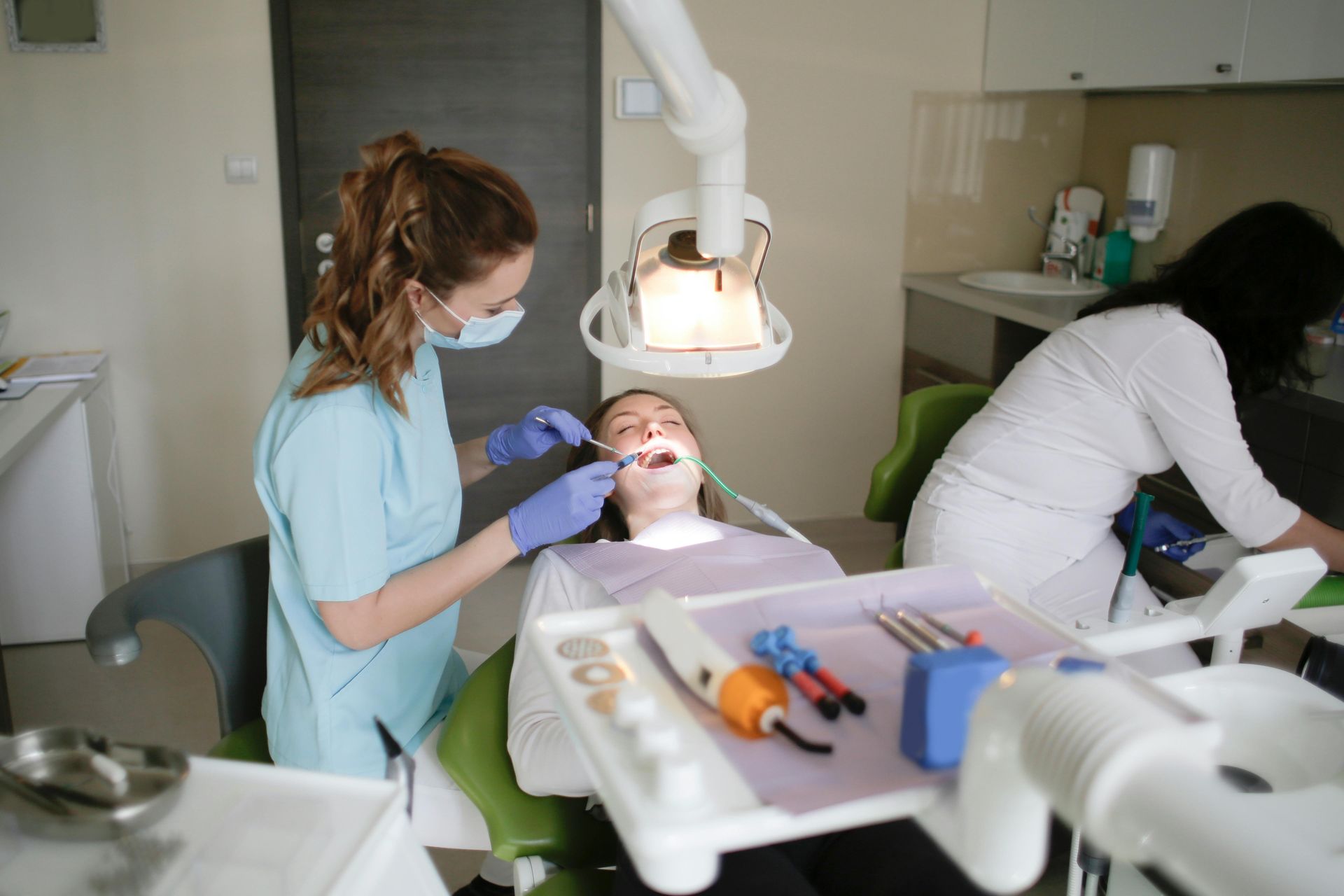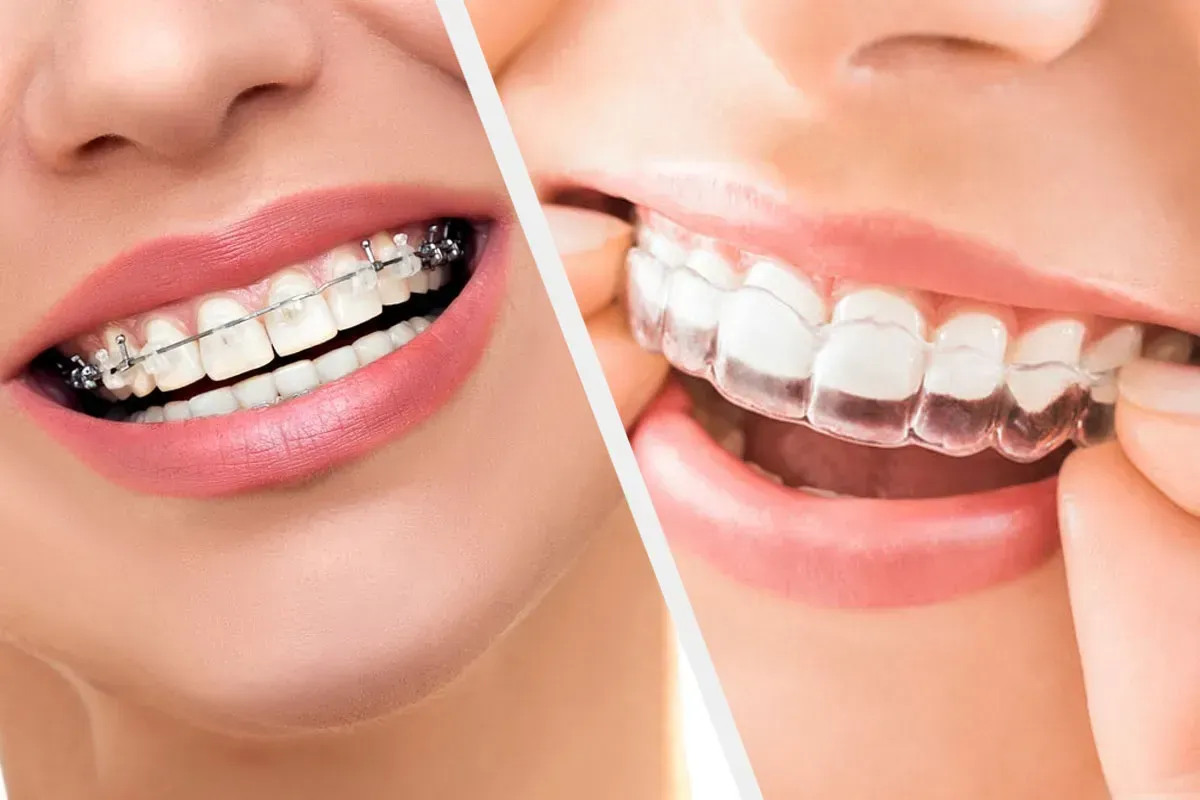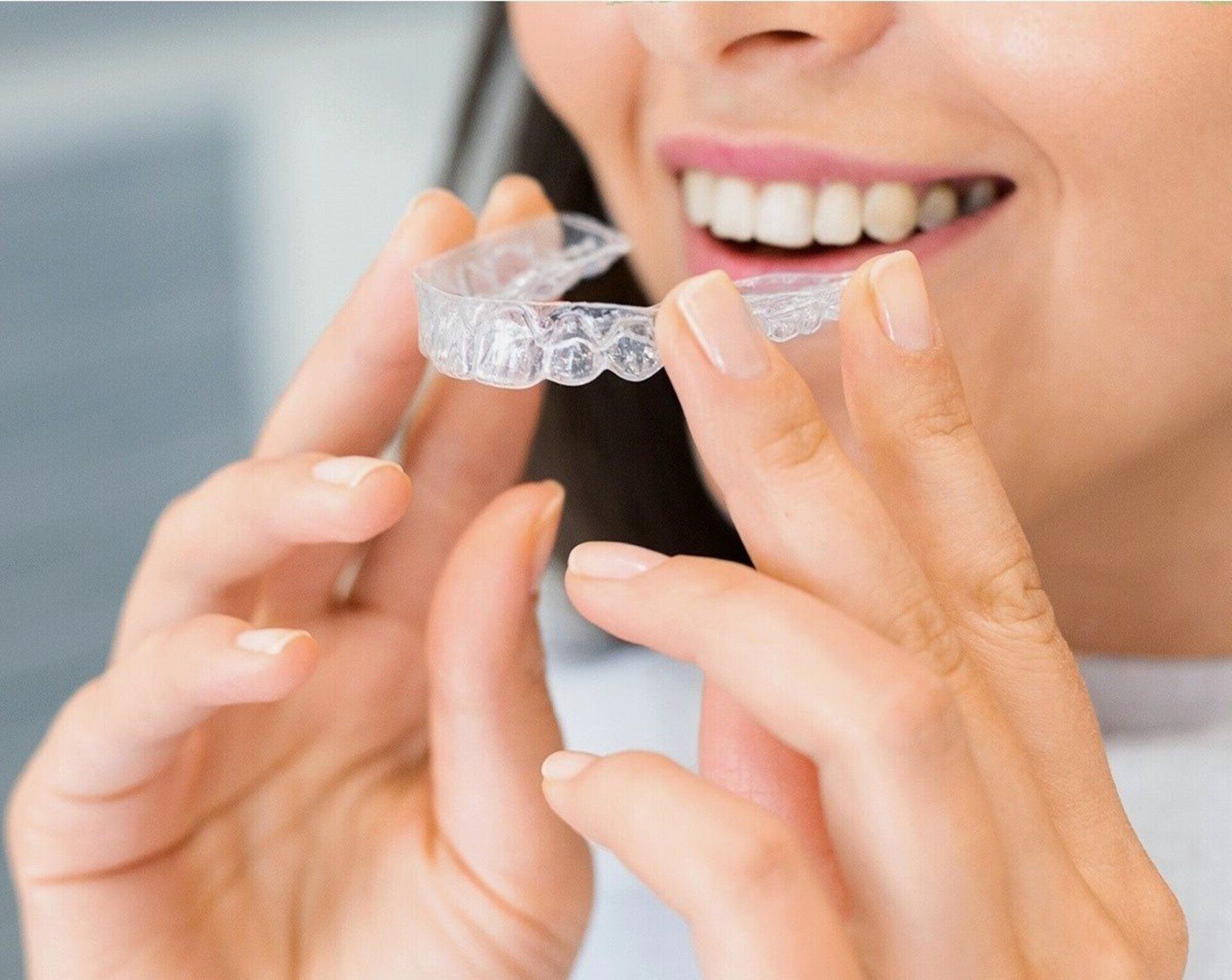Delicious Ways to Boost Oral Health: Top 5 Foods to Enjoy
Path to a Healthier Smile
Crunchy Vegetables: Nature's Toothbrush
Crunchy vegetables, such as carrots, celery, and bell peppers, are often referred to as "nature's toothbrush" due to their ability to naturally clean teeth. When you chew these fibrous foods, they help scrub away food particles and plaque from the tooth surface, aiding in the prevention of tooth decay. The act of chewing also stimulates saliva production, which plays a crucial role in maintaining oral health by neutralizing harmful bacteria and washing away debris.
In addition to their cleaning properties, crunchy vegetables are packed with essential vitamins and minerals beneficial for dental health. For example, carrots are rich in vitamin A, which supports the maintenance of strong teeth and gum tissues. Moreover, these vegetables are low in sugar, reducing the risk of tooth decay associated with sugary foods and soft drinks. By incorporating crunchy vegetables into your daily diet, you can enjoy improved oral hygiene and a healthier mouth.
Including a variety of foods like crunchy vegetables in your meals can support a balanced diet, contributing to better overall dental health. This simple dietary change, combined with regular use of fluoride toothpaste and proper dental care, can promote a robust oral hygiene routine.
Fatty Fish: Combatting Inflammation
Fatty fish, such as salmon, mackerel, and sardines, are rich in omega-3 fatty acids, which are known for their anti-inflammatory properties. Omega-3s help reduce inflammation in the body by inhibiting the production of inflammatory molecules and substances like eicosanoids and cytokines. This can be particularly beneficial for individuals dealing with chronic conditions such as arthritis and cardiovascular disease.
Regular consumption of fatty fish can also support overall cardiovascular health by improving blood vessel function and reducing triglyceride levels. Additionally, omega-3s in fatty fish are essential for brain health, potentially lowering the risk of cognitive decline and depression. Including fatty fish in your diet at least twice a week can be a delicious and heart-healthy way to combat inflammation and improve overall well-being. A balanced diet and variety of foods are crucial for maximizing health benefits.
Probiotic-Rich Foods: The Good Bacteria Boost
Probiotic-rich foods are a key component in maintaining gut health through the introduction of beneficial bacteria. These foods help in balancing the gut microbiome, which is essential for digestion and can even impact immune health.
Some excellent sources of probiotics include yogurt, kefir, sauerkraut, kimchi, and kombucha. Yogurt and kefir, made from fermented milk, are particularly popular for their live cultures that promote a healthy digestive system. Fermented vegetables like sauerkraut and kimchi not only provide probiotics but also are rich in vitamins and antioxidants, making them a nutritious addition to a balanced diet.
Regular consumption of these foods supports better digestion, enhances nutrient absorption, and can reduce the risk of certain gastrointestinal issues. Probiotics have also been associated with improved oral health by inhibiting harmful bacteria linked to gum disease and bad breath. Incorporating a variety of probiotic-rich foods into your diet can lead to overall improved well-being and a healthier system.
Leafy Greens: Nutritional Powerhouses for Gums
Leafy greens, such as spinach, kale, and Swiss chard, are nutritional powerhouses that play a critical role in maintaining healthy gums. Rich in essential vitamins and minerals, these foods help produce saliva, which washes away food particles and harmful bacteria, reducing the risk of gum disease and tooth decay.
In addition to supporting saliva production, leafy greens contain high levels of calcium and folic acid, which are crucial for maintaining bone density and connective tissues. The presence of vitamin C in these greens helps strengthen the blood vessels in your gums, fortifying them against infection and periodontal disease. Including a variety of leafy greens in your diet can support both oral health and overall wellbeing.
Regular consumption of leafy greens should be part of a balanced diet that promotes strong teeth and a healthy mouth. Their fibrous texture also acts as a natural toothbrush, scrubbing away plaque and promoting good oral hygiene. For optimal dental care, combine leafy greens with other nutrient-rich foods and fluoride toothpaste to maintain your dental health effectively.
Fresh Fruits: Natural Cleaners for Teeth
Fresh fruits, particularly those that are crunchy and high in water content, play a vital role in maintaining oral health. They help cleanse the mouth naturally by promoting saliva production, which washes away food particles and harmful bacteria. Apples, often called "nature's toothbrush," are an excellent choice as they stimulate the gums and increase saliva flow, reducing the risk of tooth decay and gum disease.
In addition to their mechanical cleaning action, fresh fruits like citrus fruits—such as oranges and lemons—provide essential vitamins, notably vitamin C. This vitamin strengthens connective tissues and supports the overall immune system, enhancing tooth enamel strength and promoting healthy gums. However, it’s important to rinse your mouth with water after consuming citrus fruits to neutralize their acidity, which can erode tooth enamel over time.
Incorporating a variety of fresh fruits into a balanced diet can aid in maintaining a healthy mouth and preventing oral health issues like bad breath and periodontal disease. Emphasizing fresh fruit as part of your dental care routine is a simple yet effective way to support strong teeth, a healthy mouth, and overall oral hygiene.
Incorporating These Foods Into Your Diet
Ensuring a healthy mouth doesn't solely depend on brushing and flossing; it also involves incorporating the right foods into your diet. Here are five foods that can significantly contribute to your oral health:
- Cheese: High in calcium and phosphate, cheese strengthens tooth enamel and balances pH levels in the mouth, reducing the risk of tooth decay.
- Leafy Greens: Spinach and kale are rich in essential vitamins and minerals, including calcium, necessary for maintaining strong teeth and connective tissues.
- Apples: Often called "nature's toothbrush," apples stimulate saliva production, which aids in rinsing away harmful bacteria and food particles that can cause gum disease.
- Carrots: Crunchy and packed with fiber, carrots help cleanse teeth while promoting gum health. They also contain vitamin A, essential for maintaining strong teeth.
- Fatty Fish: Rich in omega-3 fatty acids, fatty fish like salmon reduce inflammation and lower the risk of periodontal disease, contributing to overall dental health.
Incorporating these nutrient-rich foods into a balanced diet can improve oral hygiene and decrease the risk of tooth decay, keeping your mouth healthy and your smile bright.
At Wexford Dental we offer only what you need dentistry in Scarborough. Call us today at 416-222-82-96 for a general review to discuss the best procedure for you.












